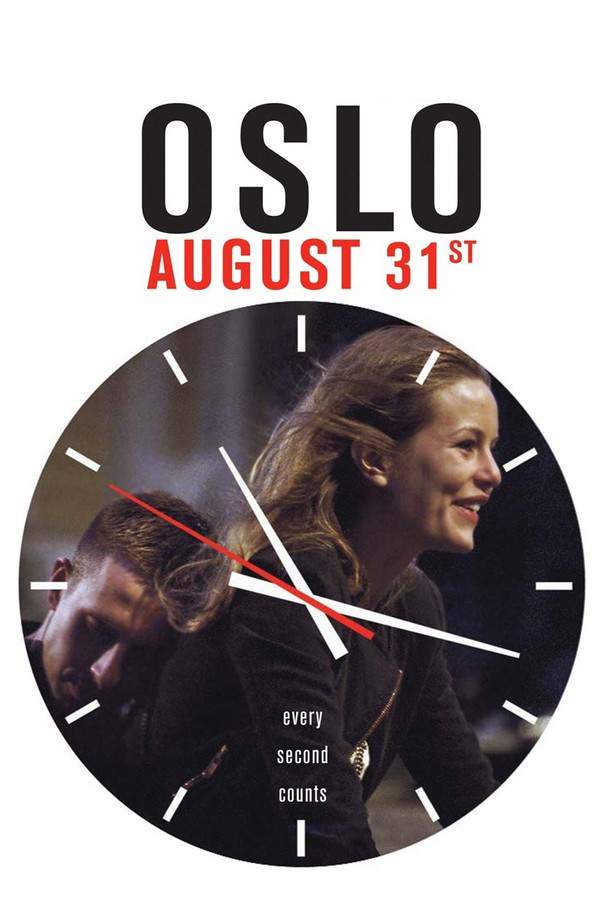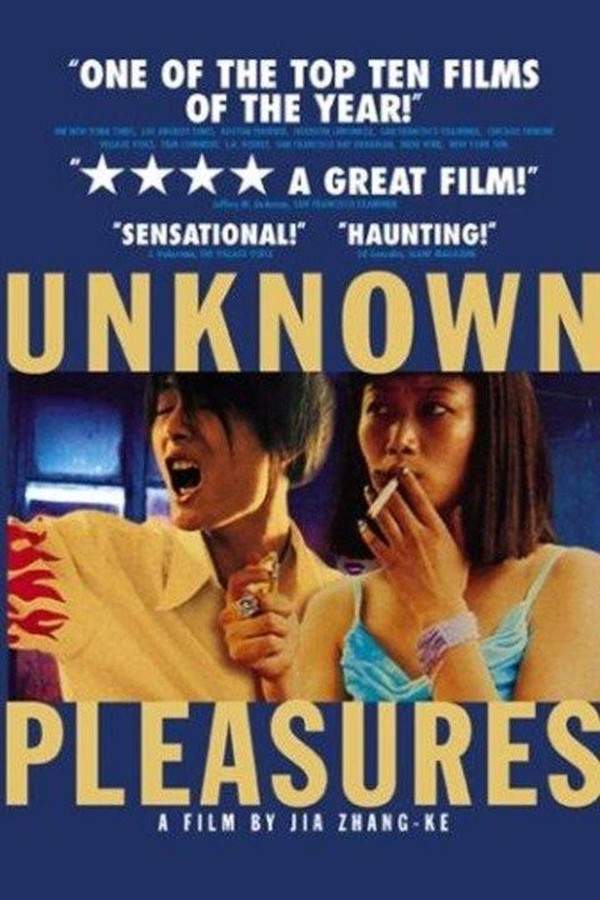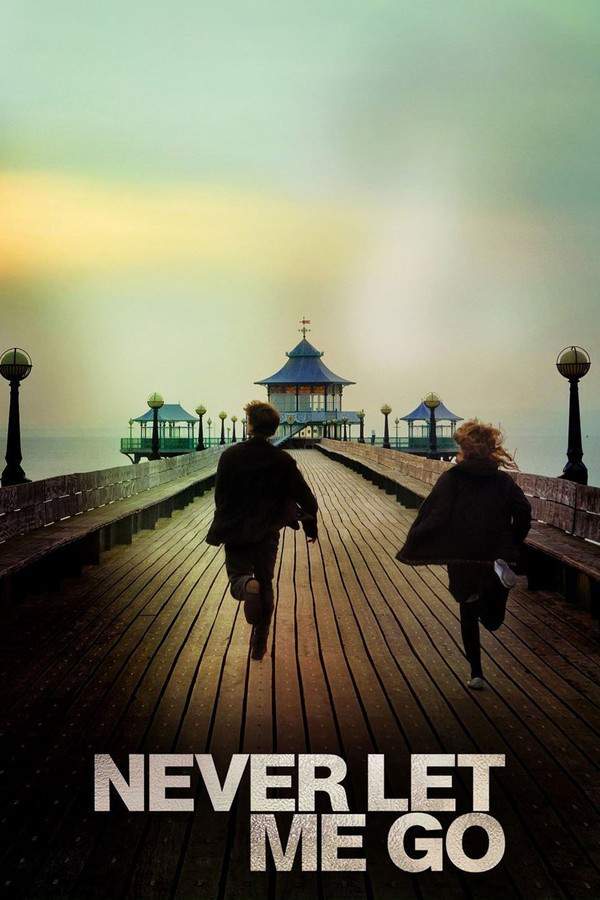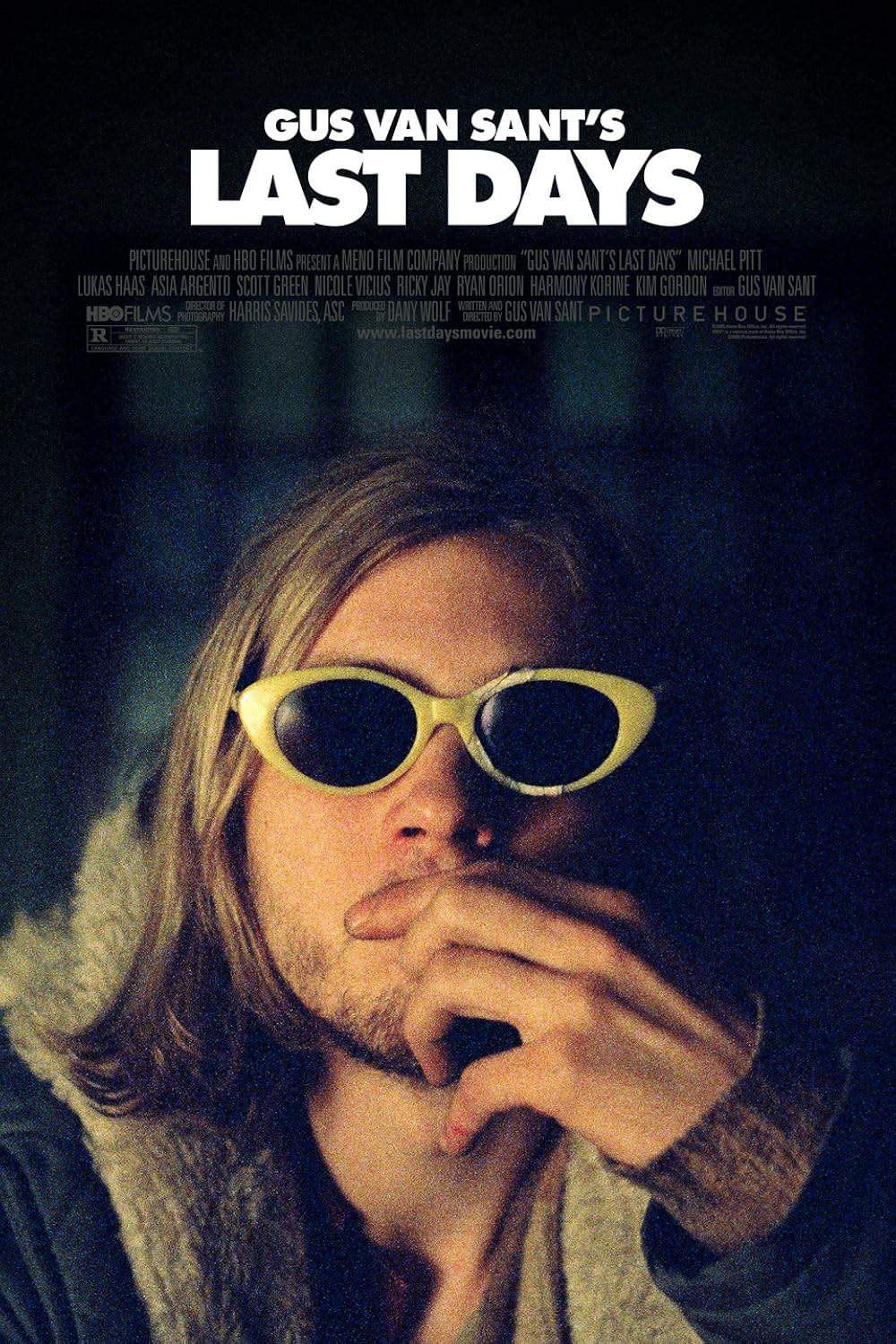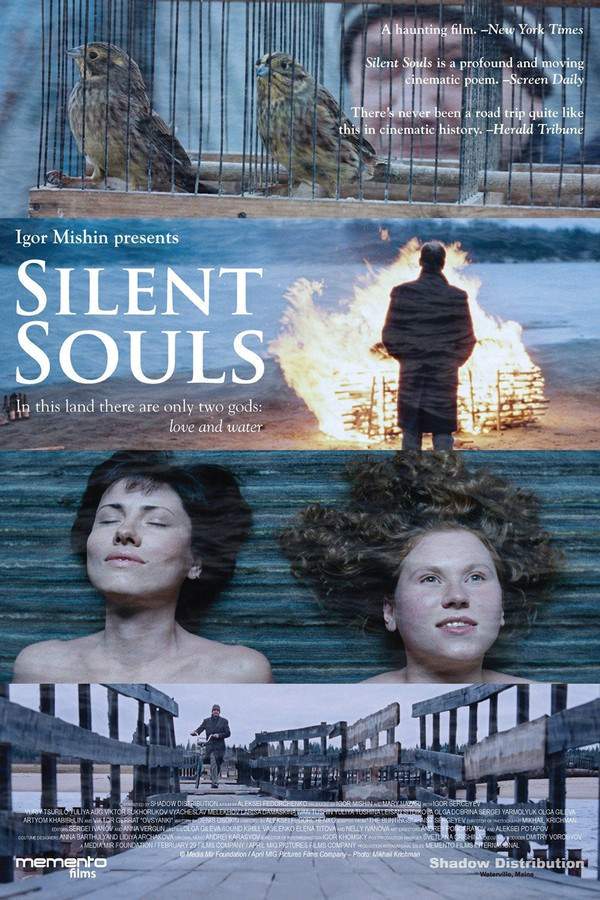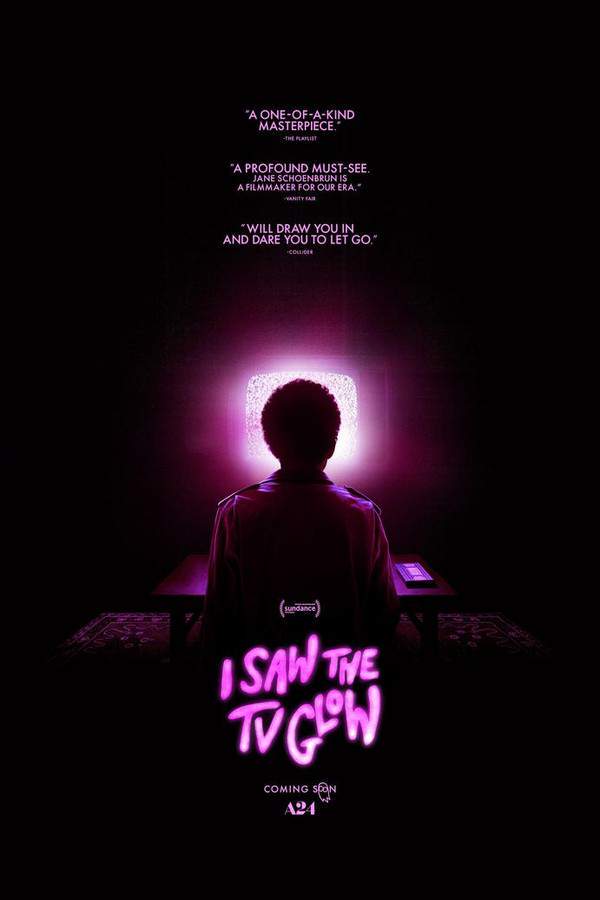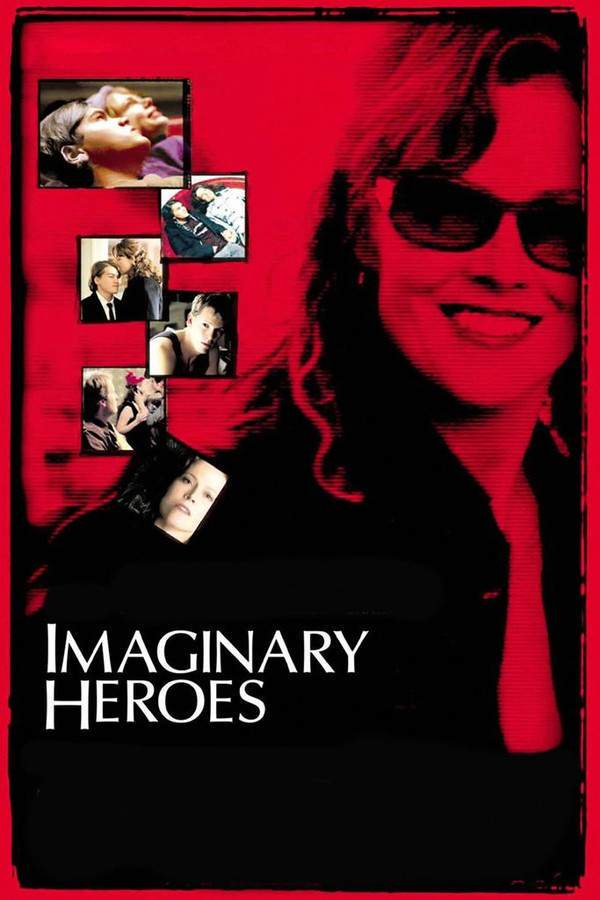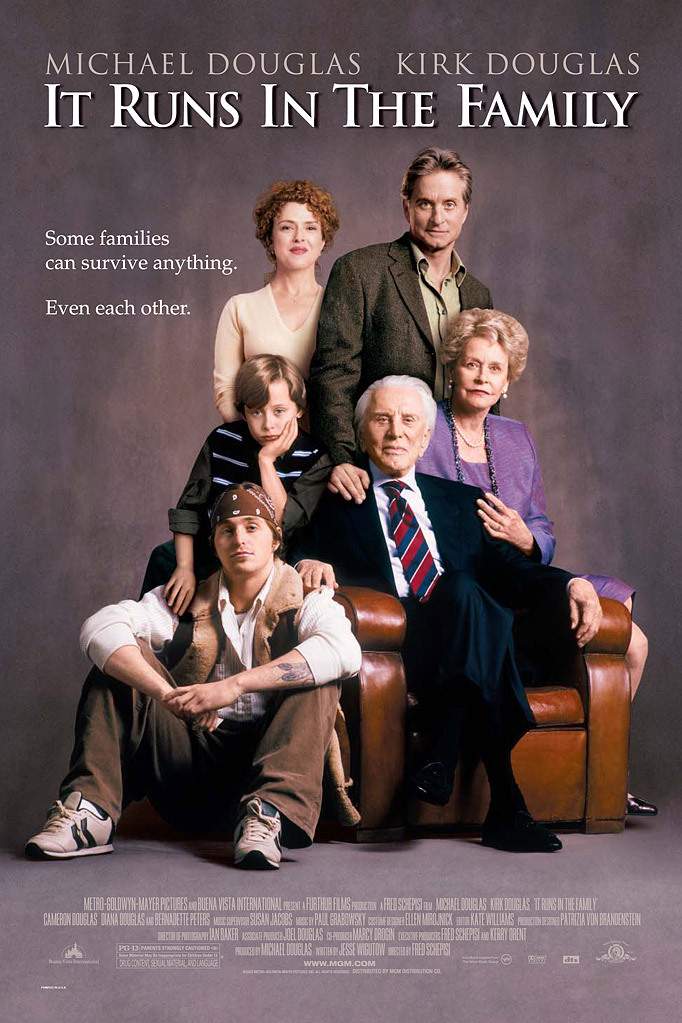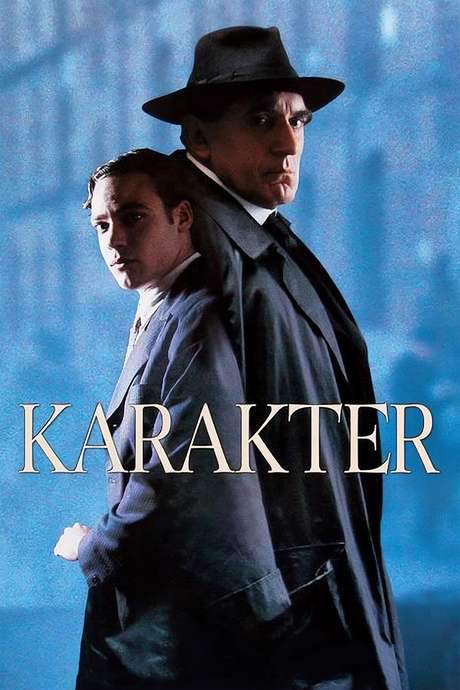
The Merchant of Four Seasons
Year: 1972
Runtime: 88 mins
Language: German
Hans, a street fruit peddler labeled a born loser, sparks his bourgeois family's disapproval, driving him into drinking and violence. After surviving a severe, debilitating heart attack, his stall finally gains success; the once‑hopeless venture blossoms with regular customers. Yet as he proves himself to his relatives, his depression deepens.
Warning: spoilers below!
Haven’t seen The Merchant of Four Seasons yet? This summary contains major spoilers. Bookmark the page, watch the movie, and come back for the full breakdown. If you're ready, scroll on and relive the story!
The Merchant of Four Seasons (1972) – Full Plot Summary & Ending Explained
Read the complete plot breakdown of The Merchant of Four Seasons (1972), including all key story events, major twists, and the ending explained in detail. Discover what really happened—and what it all means.
Munich in the 1950s introduces Hans Epp, Hans Hirschmüller, an ordinary but likable man who has just come home after years in the French Foreign Legion. His return is met with a bitter echo from his mother, who says, “The good die young, and people like you come back,” a line that sets the tone for a life lived under judgment and quiet disappointment. Hans works as a fruit peddler, calling out his wares as he makes the rounds through crowded residential streets, a routine that reflects his stubborn, unglamorous devotion to steady work and a dream of better days.
At home, Hans is married to Irmgard Epp, Irm Hermann, a practical partner who helps with the day-to-day business. They have a young daughter, Renate, and together they navigate the small disappointments and daily negotiations of family life. On one ordinary day, Hans delivers pears to an attractive married woman in an apartment building. She invites him in and asks him to deliver the fruit personally, but he declines, saying “some other time.” That encounter awakens in him a memory he rarely speaks aloud: the great love of his life, a married woman who was the subject of his youth, played by Ingrid Caven. The tension between longing and duty tethers Hans to a life he both cherishes and cannot fully inhabit.
Inside the bar, the weight of his unfulfilled ambitions grows heavier. A flashback reveals a youthful misstep: Hans once brought a prostitute to the police station to take a statement, only to be lured into a sexual moment. When his superior learns of it, Hans is fired, a blow that echoes through every other choice he makes afterward. Back in the present, Irmgard questions the delay in his return, and the couple’s quarrel spills over into a violent scene; Hans, deeply intoxicated, assaults Irmgard in front of their daughter. The next morning, Irmgard disappears, and Hans is left desolate and desperate.
Irmgard seeks shelter with Hans’s family, where a fragile balance of judgment, obligation, and nostalgia plays out. His bourgeois mother, who has long favored her obedient daughter Heidi and tolerated her outspoken sister Anna, remains condescending toward Hans. Heidi, Heide Simon, agrees with the mother that Hans has never deserved a proper chance, while Anna, portrayed by Hanna Schygulla, offers a rare note of sympathy, insisting that the family never gave Hans a fair shake. When Hans arrives, he tries to reconcile with Irmgard, but she retreats to a corner in fear as the men clash; a lawyer is sought, and the fight hints at an imminent divorce.
That night, Hans sings to calm the moment: “Buona, buona notte, you can’t have everything you want.” Then a heart attack abruptly interrupts the turmoil. While Hans rests in a hospital bed, Irmgard explores new intimacy with a street lover, and their daughter witnesses the affair, bringing fresh pain into the room. At the hospital, Hans and Irmgard briefly reconcile; she promises to stay, and when he returns home, she explains a small, telling detail about their dynamics: she once found him funny because he is shorter, and his humor drew her to him in the first place.
After his heart attack, Hans is unable to work or drink, and Irmgard steps more fully into the family business. He hires a diligent assistant, Anzell, Karl Scheydt, though Anzell is the same man with whom Irmgard had the hospital-time affair. Fearing exposure, Irmgard manipulates Anzell into overpricing the produce and then sharing the extra with her; Anzell agrees, but Hans’s suspicions grow as he observes the scheme. Anzell is eventually fired in disgrace, and Hans knows the truth of Irmgard’s infidelity.
A reunion with an old friend, Harry, Klaus Löwitsch, injects a new energy into Hans’s life. Harry takes over the cart routes and brings efficiency and profit to the business, but this success comes at the cost of Hans’s relevance and autonomy. The more capable Harry becomes, the more Hans feels alienated from his own life, a creeping isolation that deepens his sense of failure.
Seeking solace, Hans revisits the memory of the great love in his youth, a moment when he brought roses to the person who would not marry a fruit peddler, a memory that haunts him as he grows older. Anna, his sister, is busy with her studies and cannot offer him much comfort, leaving him with the sense that his family’s support has always been conditional. The doctor cautions that prolonged alcohol use would be fatal for Hans’s weak heart, and the possibility of death colors every choice he makes.
In a final, solitary turn, Hans returns to the bar where Morocco and a moment of captivity in the Foreign Legion flicker before his eyes. He was captured and tortured by an Arab, a memory that mirrors his own sense of entrapment and pain; he is saved by his comrades, but his desire to live wanes. At a grand dinner with Irmgard, Harry, and friends, Hans drinks dozens of shots and dies on the spot. The funeral brings a quiet ending to a life marked by longing, missteps, and a stubborn effort to belong. In the wake, Harry commits to staying with Irmgard and takes up the life that Hans had once imagined for himself, closing a circle of friendship and loss.
Buona, buona notte, you can’t have everything you want.
Last Updated: October 07, 2025 at 08:46
Explore Movie Threads
Discover curated groups of movies connected by mood, themes, and story style. Browse collections built around emotion, atmosphere, and narrative focus to easily find films that match what you feel like watching right now.
Slow burn despair stories like The Merchant of Four Seasons
Character studies where quiet disappointment leads to a bleak, inevitable end.If you appreciated the slow, melancholic character study in The Merchant of Four Seasons, you'll find similar movies here. These films focus on personal downfall and bleak endings, sharing a heavy emotional weight and a grim, introspective mood typical of certain dramas.
Narrative Summary
The narrative follows a character, often from a working-class or marginalized background, whose life is defined by a series of small disappointments and systemic failures. Moments of potential redemption or success are fleeting, ultimately deepening their alienation and reinforcing a tragic, predetermined arc.
Why These Movies?
Movies in this thread are grouped by their shared focus on a slow-paced, melancholic tone and a narrative of irreversible decline. They prioritize psychological realism over plot, creating a cumulative emotional weight through the quiet, sustained agony of their protagonists.
Movies about family disapproval like The Merchant of Four Seasons
Stories of protagonists destroyed by the judgment and disdain of their own relatives.Explore movies similar to The Merchant of Four Seasons that delve into the theme of crushing family expectations. These dramas feature characters spiraling under familial pressure, sharing themes of disappointment, alcoholism, and existential crises within a somber, dramatic context.
Narrative Summary
The plot revolves around a protagonist constantly striving for approval from a judgmental family, only to be met with scorn. This relentless disapproval becomes the engine for their downfall, leading to cycles of addiction, violence, or deep depression, highlighting the destructive power of familial dynamics.
Why These Movies?
These films are united by their exploration of familial conflict as the primary source of tragedy. They share a somber mood, themes of disappointment and self-destruction, and a focus on the psychological damage inflicted by those closest to the main character.
Unlock the Full Story of The Merchant of Four Seasons
Don't stop at just watching — explore The Merchant of Four Seasons in full detail. From the complete plot summary and scene-by-scene timeline to character breakdowns, thematic analysis, and a deep dive into the ending — every page helps you truly understand what The Merchant of Four Seasons is all about. Plus, discover what's next after the movie.
The Merchant of Four Seasons Timeline
Track the full timeline of The Merchant of Four Seasons with every major event arranged chronologically. Perfect for decoding non-linear storytelling, flashbacks, or parallel narratives with a clear scene-by-scene breakdown.

Characters, Settings & Themes in The Merchant of Four Seasons
Discover the characters, locations, and core themes that shape The Merchant of Four Seasons. Get insights into symbolic elements, setting significance, and deeper narrative meaning — ideal for thematic analysis and movie breakdowns.

The Merchant of Four Seasons Spoiler-Free Summary
Get a quick, spoiler-free overview of The Merchant of Four Seasons that covers the main plot points and key details without revealing any major twists or spoilers. Perfect for those who want to know what to expect before diving in.

More About The Merchant of Four Seasons
Visit What's After the Movie to explore more about The Merchant of Four Seasons: box office results, cast and crew info, production details, post-credit scenes, and external links — all in one place for movie fans and researchers.

Similar Movies to The Merchant of Four Seasons
Discover movies like The Merchant of Four Seasons that share similar genres, themes, and storytelling elements. Whether you’re drawn to the atmosphere, character arcs, or plot structure, these curated recommendations will help you explore more films you’ll love.
Explore More About Movie The Merchant of Four Seasons
The Merchant of Four Seasons (1972) Scene-by-Scene Movie Timeline
The Merchant of Four Seasons (1972) Movie Characters, Themes & Settings
The Merchant of Four Seasons (1972) Spoiler-Free Summary & Key Flow
Movies Like The Merchant of Four Seasons – Similar Titles You’ll Enjoy
End of the Season (2017) Story Summary & Characters
Four Letter Words (2000) Full Movie Breakdown
Four Windows (2006) Complete Plot Breakdown
Summer ’04 (2006) Full Summary & Key Details
Four Friends (1981) Spoiler-Packed Plot Recap
A Woman and Her Four Men (1983) Plot Summary & Ending Explained
The Four Seasons (1985) Plot Summary & Ending Explained
The Four Seasons (1981) Story Summary & Characters
Oktoberfest: Beer and Blood (1000) Spoiler-Packed Plot Recap
All for Four (2022) Full Movie Breakdown
The Love Merchant (1966) Film Overview & Timeline
My Favorite Season (1993) Movie Recap & Themes
The Four Seasons of the Law (1999) Movie Recap & Themes
Four Days (1951) Ending Explained & Film Insights
2 By 4 (1998) Complete Plot Breakdown

